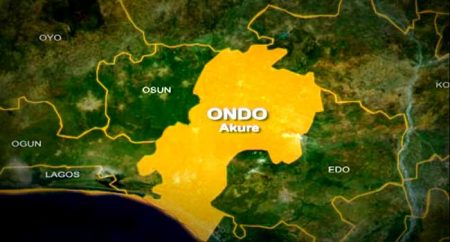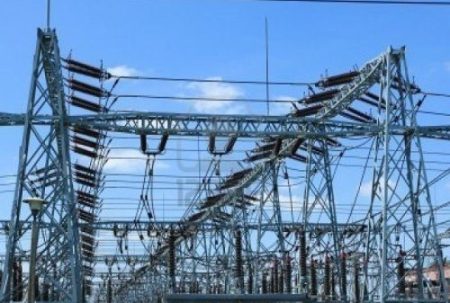The World Bank’s latest report presents a stark and troubling picture of Nigeria’s economic landscape, revealing that rising inflation and stagnant labour incomes have driven an estimated 14 million Nigerians into poverty in 2024. As inflation escalates, nearly 47% of the Nigerian population now lives below the international poverty line of $2.15 per day. This alarming situation highlights the failure of the Nigerian economy to provide adequate livelihoods in light of rapid population growth and ongoing economic challenges. The report’s findings underscore the urgent need for strategic interventions to stem the tide of rising poverty and enhance the living conditions of the nation’s most vulnerable populations.
In response to this escalating crisis, the Nigerian government has initiated temporary cash assistance programs targeting around 15 million households, which will cumulatively benefit approximately 67 million people. Each household is set to receive N75,000, disbursed in three instalments, as a means of alleviating immediate financial pressures and providing some relief to those affected. However, the report warns that without more substantial reforms to protect the poorest from the impacts of inflation and enhance opportunities for productive work, the prospect of escaping poverty will remain elusive. The World Bank predicts that poverty rates could escalate to 52% by 2026 if these interventions are not sufficiently robust.
To address the underlying issue of inflation, the Central Bank of Nigeria has implemented a significant monetary policy adjustment, raising interest rates by 850 basis points from February to September 2024. In conjunction with an increase in the cash reserve ratio, these measures are aimed at curbing inflationary pressures that continue to undermine household purchasing power. Despite these efforts, inflation persists, exacerbating the difficulties faced by millions of Nigerians and posing ongoing challenges to economic stability and growth. The report emphasizes that while macroeconomic stabilization is necessary, it alone is insufficient to propel Nigeria toward its full growth potential.
The World Bank advocates for a more comprehensive strategy to bolster Nigeria’s resilience against economic shocks and pave sustainable pathways out of poverty for millions affected by economic hardship. The need for sustained economic growth that can keep pace with population growth is highlighted as a critical factor in addressing the root causes of poverty. The current economic environment, marked by double-digit inflation and inadequate labour income growth, creates a cycle of hardship that necessitates not only immediate relief efforts but also long-term economic reforms and productive job creation.
In the context of social intervention, Wale Edun, the Minister of Finance and Coordinating Minister of the Economy, has shared updates on the expansion of Nigeria’s social investment program, which now reaches 25 million vulnerable Nigerians compared to five million households previously. The program focuses on direct cash transfers to individuals listed in the social register, utilizing biometric verification for identification and enabling payments through bank accounts or mobile wallets. This expansion aims to provide a safety net for the most vulnerable, yet it underscores the importance of implementing robust policies that address the systemic issues contributing to pervasive poverty.
As the report highlights, while short-term assistance can provide temporary relief, it is critical that the Nigerian government, supported by organizations like the World Bank, prioritize comprehensive reform initiatives. These reforms should focus on creating a conducive environment for economic growth, protecting the poorest populations from the adverse effects of inflation, and fostering sustainable job opportunities. Only through a coherent strategy emphasizing both immediate support and long-term structural changes can Nigeria hope to reverse its current trajectory of escalating poverty and build a more resilient and prosperous future for all its citizens.














